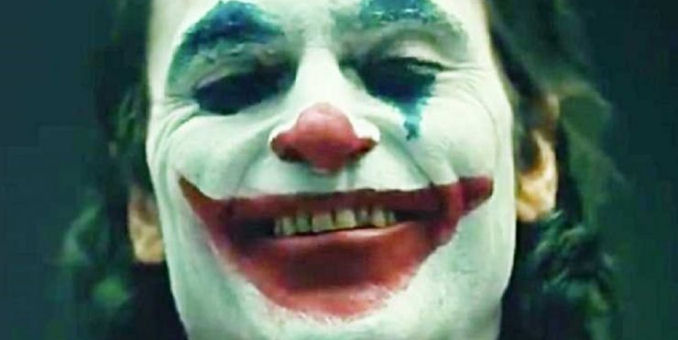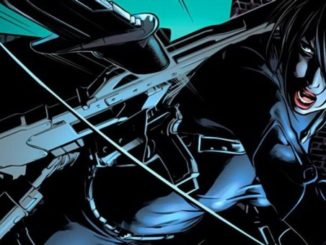This weekend a story swept across certain sectors of fandom that, very predictably, ruffled feathers.
MTV caught up with actress Zazie Beetz, who recently wrapped work on the upcoming comic book film The Joker, which will star Joaquin Phoenix as the titular Batman villain as we learn how he came to be the Clown Prince of Crime. And as they talked, Beetz stated that director Todd Philips took a somewhat loose approach to the project’s script.
What can we expect from the new #Joker movie? According to Zazie Beetz, they rewrote the movie as they were shooting it pic.twitter.com/TkYkVnJwl9
— MTV NEWS (@MTVNEWS) January 26, 2019
Let’s face it. It is easy to see where fans may have felt stung in the past by DC Comics films that were not all that good. (Yeah, I’m looking right at you Zack Snyder…) news reports on Justice League and Suicide Squad certainly painted a picture of chaotic productions plagued by script rewrites and massive amounts of reshoots. It seems almost Pavlovian that fans would assume that things were gearing up to be a disaster with The Joker as well. And let’s face it, a lot of sites were reporting the story in a way that fed into that fear and very conveniently drove clicks and shares.
But while it is understandable that there might be some bad feelings arising from learning that there is some rewriting going on on-set, it is a misplaced fear.
There’s the old saying when it comes to film production that a movie is written three times – once before production, once during shooting and once in the editing room. Script revisions while production is ongoing is a very normal part of the production process. Film shoots often have their scripts being revised while in production for a number of reasons. Often times a writer may be on set to help with dialogue polishes or rewriting a scene based on some contingency of the production such as location.
And this is not just a recent phenomenon. There are numerous examples through film history of screenplays being rewritten during shooting. Gone With The Wind is a notable example. The Humphrey Bogart classic Casablanca famously went into production with the film’s iconic ending having yet been written.
In this case, it sounds as if there was improvisation of dialogue based on the actors exploring and creating their characters. That dialogue was then put into the shooting script and get it in front of cameras. As a method of filming, it’s highly collaborative and can lead to some interesting results. Jon Favreau used a variation of this on Iron Man, allowing star Robert Downey Jr. and the cast to develop their characters and the chemistry between themselves. And I think in that instance it worked out pretty well. Christopher Guest’s films like Waiting For Guffman and A Mighty Wind, also used a similar method where actors would improvise through a scene with only the knowledge of where it needed to end.
It certainly doesn’t sound from Beetz’s comments as if they were restructuring the film in major ways while shooting. And it certainly doesn’t seem as if it is time to be worried about how the final product will turn out.





